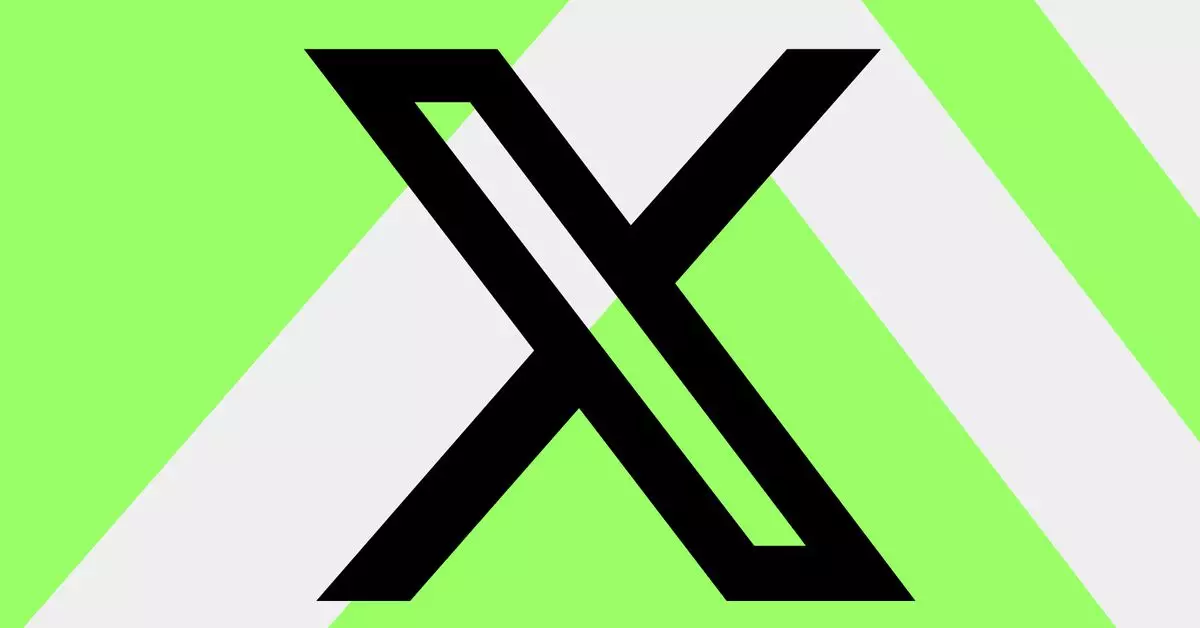In a twist that has reverberated through the realms of social media and digital freedom, X, formerly known as Twitter, appears poised to re-enter the Brazilian market after navigating a patchy legal landscape. For fans and users of the platform in Brazil, this development might evoke a mix of relief and apprehension. The backdrop to this situation is a broad ban enforced by the Brazilian Supreme Court, aimed at quelling what it perceived as threats to the nation’s democratic integrity. The court’s decision highlighted the tricky balance between maintaining free speech and preventing the spread of misinformation and extremist content.
Elon Musk, the polarizing figure at the helm of X, has often championed the cause of free speech. However, the recent maneuvers of the platform have strikingly contradicted this rhetoric. The company, after weeks of legal battles and public scrutiny, agreed to the court’s demands, which included removing accounts deemed detrimental to Brazilian democracy. This compliance raises the question: Is the pursuit of free speech still a principal tenet when a corporation so readily bows to judicial pressure? It seems Musk’s grand visions of an unrestricted digital platform might be constrained by the legal realities inherent in various sovereign jurisdictions.
The urgency of X’s response can be traced back to its contentious relationship with Brazilian authorities. Following a critical court ruling, where significant fines and the appointment of a new country representative were stipulated, X opted to secure new legal counsel to navigate this turbulent terrain. Interestingly, X had been continuing to promote content from Brazil’s far-right community, perhaps in an attempt to rally its core user base. However, this strategy escalated tensions, resulting in internet service providers blocking the platform. The realpolitik of corporate maneuvers in the digital space is laid bare here, as the company weighs the financial implications of bans against its ideological posturing.
Now, with a five-day window to comply with the Supreme Court’s order following the latest court filing, X must demonstrate its commitment to legal standards while simultaneously upholding its mission. The platform’s future in Brazil hinges on these next few steps, which could either solidify its presence or further entrench the divide between the ideals of open communication and the demands of governance. This delicate interplay between technology and legislation — amplified by the existing ideological schisms in the country — illustrates the profound challenges digital platforms face as they expand into various markets.
Ultimately, the saga of X in Brazil showcases the intricate dynamics between social media platforms and governmental authority. It raises broader questions about the responsibilities these platforms hold towards the societies they infiltrate. As digital ecosystems continue to evolve, the tension between securing commercial interests and adhering to the ethical imperatives of truth and integrity will be critical. The case of X offers a cautionary tale and a focal point for discussions on the future of free speech in digital realms around the world, particularly in nations grappling with the balance between liberty and order.

